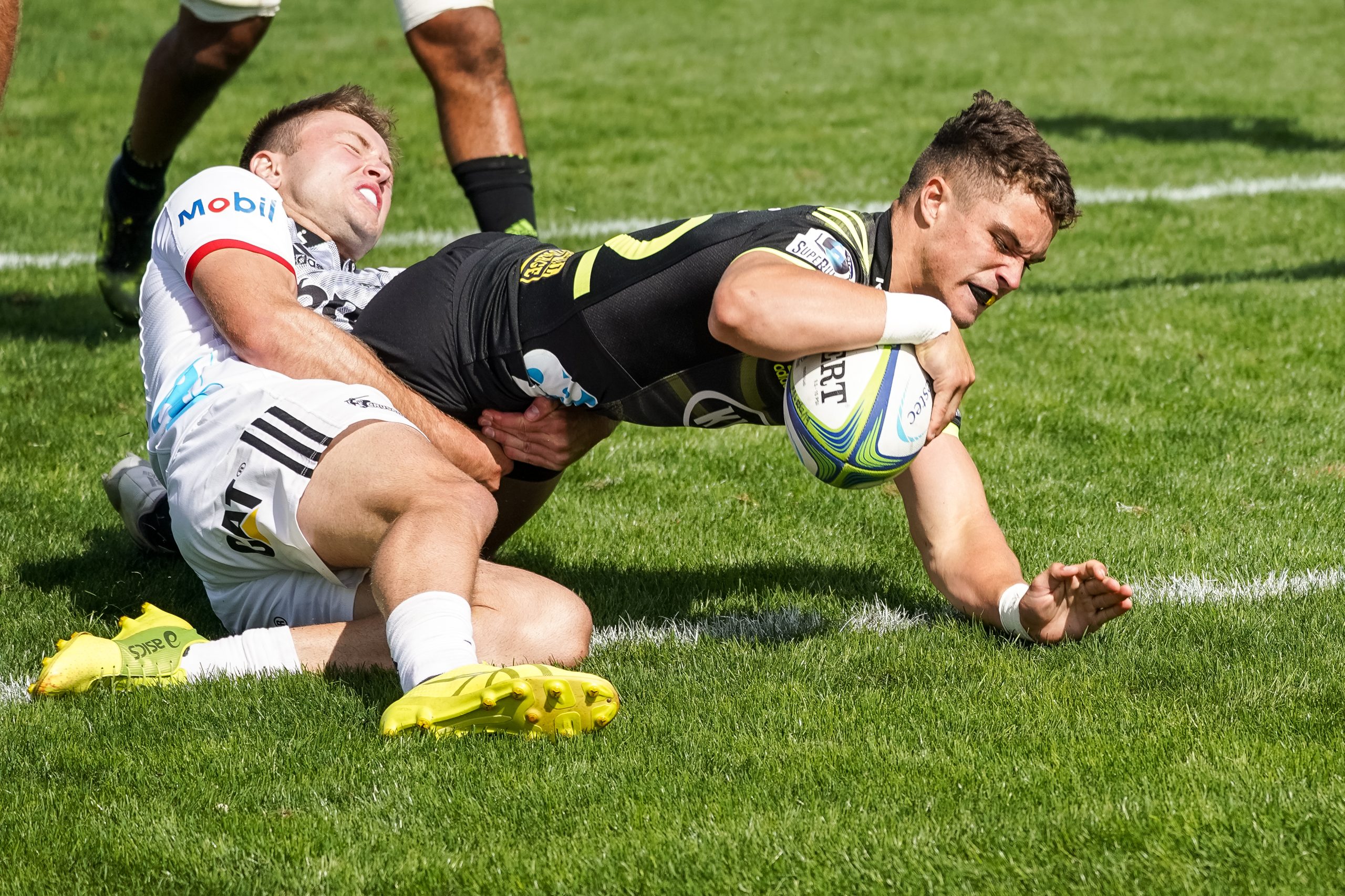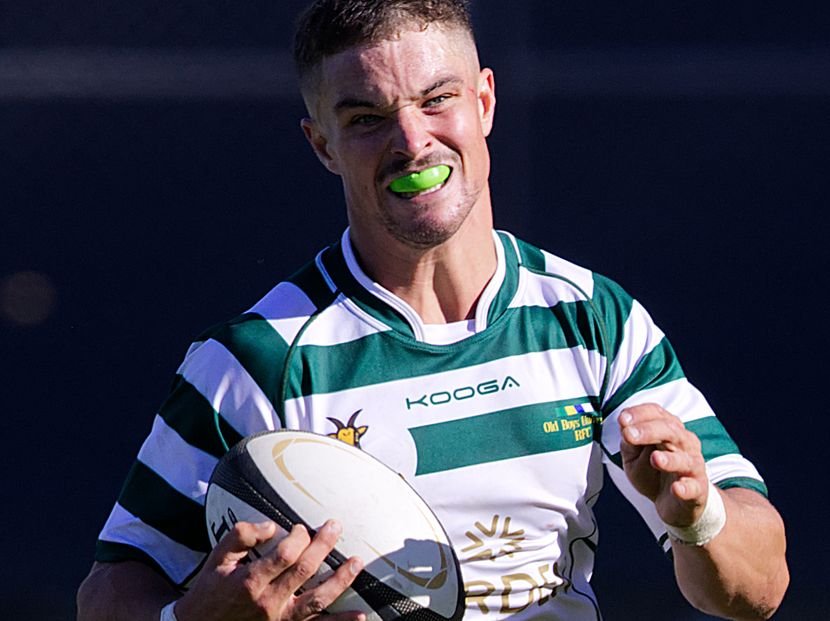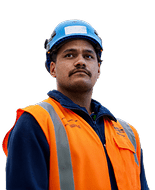
Callum Harkin
BCITO Sport Athlete
How did you manage to balance the demands of your sports commitments & your trade job?
This aspect was probably the most difficult part of committing to both my construction and sports responsibilities. Building a healthy routine, eating well (meal prepping etc), getting a good night’s sleep, were all fairly important things in allowing me to compete and achieve in both industries. Communication was another important one as managing my boss and coaches’ expectations was key to allowing me to successfully juggle both. Lastly, and probably most importantly, is caring for my body. Building and rugby are both highly demanding fields of work physically so for me taking the time to recover and decompress is an integral part of it all.
What inspired you to get into building?
I think, like sports, the satisfaction and proudness of producing cool stuff with both your body and mind was a big selling point. Being able to physically show something for your hard work is really cool. Understanding the process and knowing what and why for certain steps of the build always interested me a lot.
How do the skills you develop in your building apprenticeship translate to your sports career?
Discipline and work ethic, teamwork and adaptability, my physical conditioning and problem solving are all the big ones I’d say. How they are applied might look a bit different though and those are the things you sort of figure out along the way. The same way you make mistakes as an apprentice you will as a sportsman or woman and I suppose how you respond is the crucial thing.
Before Super Rugby, can you describe a typical day in your life, balancing training, competition, and your apprenticeship?
Wake up 6am, start work 7:30am and done by 5pm. Tuesdays and Thursdays rugby training, Mondays and Wednesdays I would gym after work. Out of season I would gym every evening and once on the weekend. Play the game on the weekend, and Sunday would be recovery focussed. An ocean swim at Oriental Parade or Lyall Bay. Nailing my nutrition and recovery allowed me to be at my most functional when the working week came back around.
I would say the biggest success in coordinating this lifestyle was routine and staying disciplined to it.
What have been some of the biggest challenges you’ve faced while balancing the two?
Injury and illness are probably two that can stunt your progress or at least set you back a little bit. Just because, with injury especially, it prevents you from playing sports and work. Going to site and at least being involved with what you can is important though.
Clash of timetables was also an issue seldomly, but solid communication usually helps any sort of commitment problem.
Did you find that working in construction gives you a break from the intensity of sports?
Yep, I think the shift in focus allows a reset weekly. Going from the intensity of a game to a slightly more relaxed work environment and moving your mind and focus onto a different task is very refreshing.
The physical activity of construction and the contributing to a real life project whilst staying in good physical shape is great to because you don’t have to be training specifically for rugby or in a rugby environment and you are essentially assisting your training through your work.
Has your experience in sports helped you develop qualities that make you successful in your apprenticeship (like teamwork, discipline, or resilience)?
Absolutely, your experience in sports can directly shape qualities that make you a stronger, more capable apprentice. Your coachability and willingness to learn and grow are things that go both ways between sports and your apprenticeship. Physically sports is great at preparing you for the labour-intensive side of building.

How did you keep yourself motivated and energised when juggling both a physically demanding sport and a hands-on apprenticeship?
Having a clear purpose and goal is important, and as cliché as it is but the significance of discipline over motivation. There will be days when you feel tired, sore or just not 100% and still going to that training or that night session for building is the stuff that you’re going to value most from. Recovery and nutrition will also help to prevent experiencing that burning out feeling or fatigue, having routine and being disciplined to it.
Do you have a long-term plan to transition from one career to the other once your sports career comes to an end?
Yep, at the moment I’m exploring Real Estate Agent licensing qualifications and using my time to build contacts who can help assist with this. Staying the property field is something I’m interested in. The skills I’ve acquired through my apprenticeship I’ll always carry and I’m currently using on my own house.
What advice would you give to young athletes who might be interested in pursuing a career outside of sports while still competing professionally?
Yeah, I think that’s an important one because you’re not building one career or the other, I think you can chase a career in almost any field alongside of sports, obviously you need to manage your time well but its easily doable. I would also say use the qualities and attributes sports has taught and given you and apply them to whatever your next venture is. Lastly, look for mentorship, it makes the goal far more visible and attainable, having someone to work with or under is so valuable
